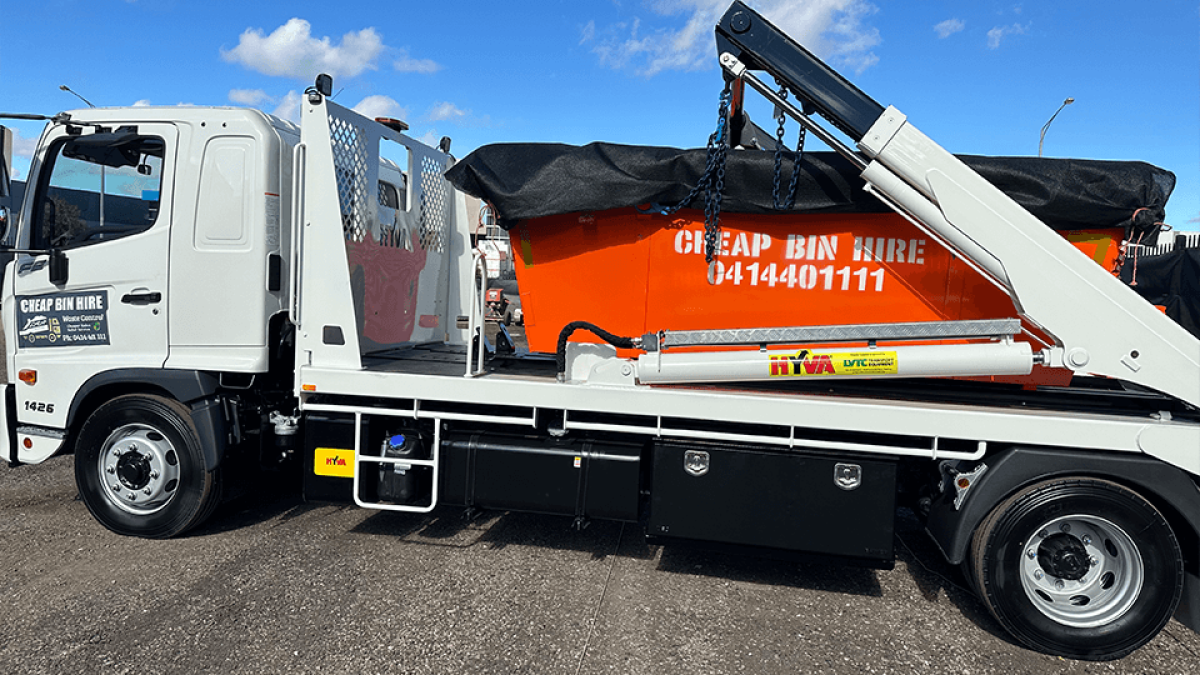Hiring a residential skip bin is a great way to manage waste during home projects, but it’s not without its potential pitfalls. To ensure a smooth and cost-effective experience, it’s important to be aware of common mistakes that homeowners make when hiring a skip bin. This article will highlight the top five mistakes to avoid, helping you make the most of your skip bin hire.
1. Choosing the Wrong Bin Size
One of the most common mistakes homeowners make is selecting the wrong skip bin size. Whether you underestimate the amount of waste your project will generate or overestimate it, choosing the wrong size can lead to unnecessary costs and complications.
How to Avoid It:
- Accurately Estimate Waste Volume: Before hiring a skip bin, take the time to assess the type and volume of waste your project will produce. It’s better to slightly overestimate than to run out of space.
- Consult the Experts: If you’re unsure about the size, consult with your skip bin provider. They can offer advice based on the specifics of your project and help you choose the right bin size.
2. Overfilling the Skip Bin
Overfilling a skip bin is not only unsafe but can also result in additional charges. Many skip bin hire companies have strict guidelines about how high you can fill the bin, and exceeding these limits can lead to problems.
How to Avoid It:
- Follow Fill Line Guidelines: Most skip bins have a fill line that indicates the maximum level of waste. Ensure you do not exceed this line to avoid penalties.
- Plan for Extra Waste: If you think you might generate more waste than expected, consider hiring a slightly larger bin or arranging for a second bin to avoid overfilling.
3. Placing Prohibited Items in the Bin
Not all types of waste can be disposed of in a skip bin. Placing prohibited items, such as hazardous materials or electronic waste, can lead to additional fees and even legal issues.
How to Avoid It:
- Know What’s Allowed: Before filling your skip bin, review the list of prohibited items provided by your hire company. Common prohibited items include asbestos, chemicals, batteries, and tires.
- Separate Hazardous Waste: If you have hazardous waste, make separate arrangements for its disposal. Many local councils offer specialized disposal services for hazardous materials.
4. Ignoring Permit Requirements
If you plan to place the skip bin on public property, such as a street or sidewalk, you may need a permit. Ignoring this requirement can result in fines or the removal of the skip bin by local authorities.
How to Avoid It:
- Check Local Regulations: Before hiring a skip bin, check with your local council to determine if a permit is required. Your skip bin provider may also be able to assist with the permit application process.
- Secure Permits in Advance: If a permit is needed, secure it well in advance of your project’s start date to avoid delays.
5. Poor Placement of the Skip Bin
Where you place your skip bin can have a significant impact on your project’s efficiency and safety. Placing the bin in an inconvenient or unsafe location can make it difficult to load and increase the risk of accidents.
How to Avoid It:
- Choose an Accessible Location: Place the skip bin in a location that’s easy to access for both you and the collection truck. A driveway or other flat, stable surface is usually the best choice.
- Consider Safety: Avoid placing the bin near walkways, doorways, or other areas where people frequently pass. Ensure the bin is stable and secure, particularly if you’re dealing with heavy materials.
Conclusion
Hiring a residential skip bin can make waste management during home projects much easier, but only if you avoid common mistakes. By choosing the right bin size, following fill guidelines, avoiding prohibited items, securing necessary permits, and placing the bin in a safe and accessible location, you can ensure a smooth and cost-effective experience. Being aware of these potential pitfalls will help you make the most of your skip bin hire and keep your project on track.

